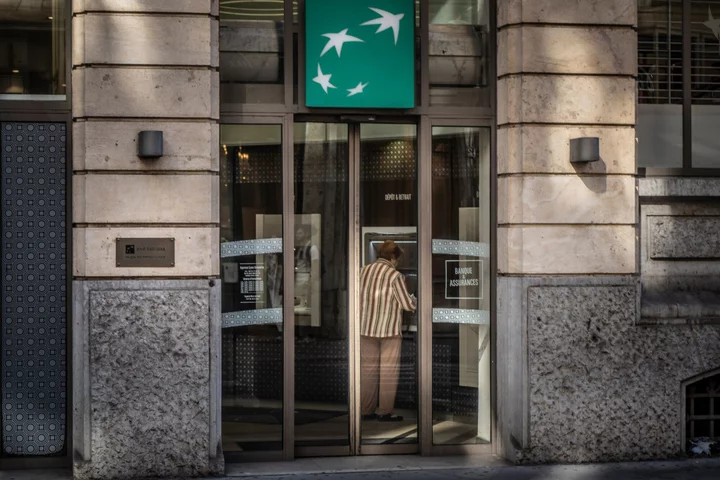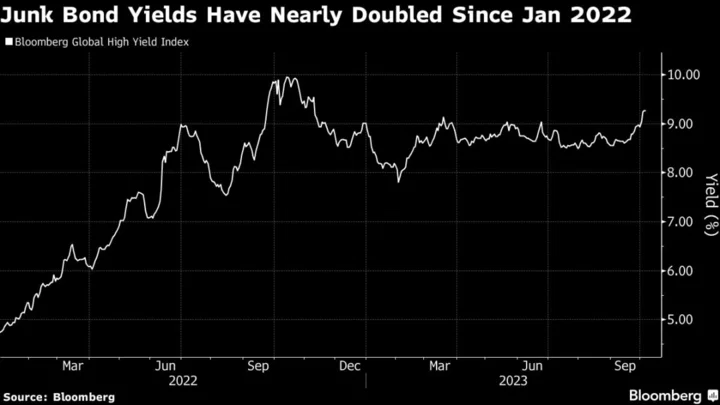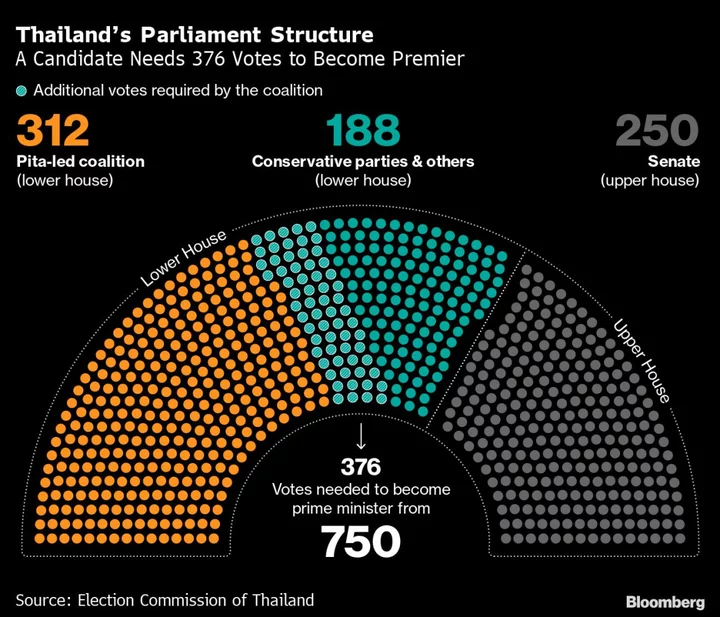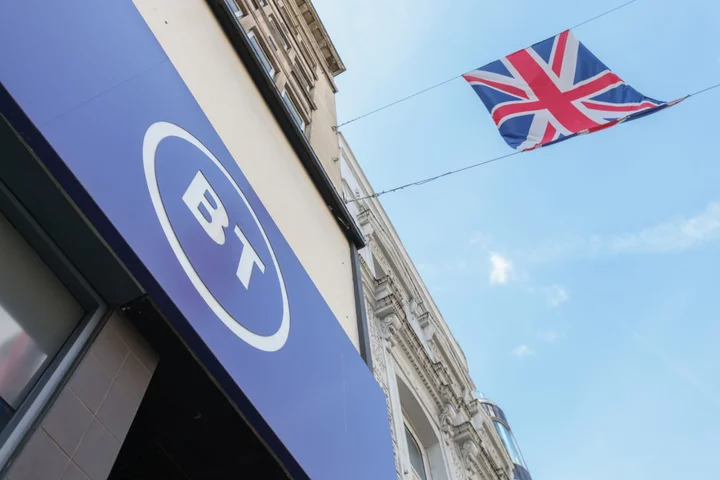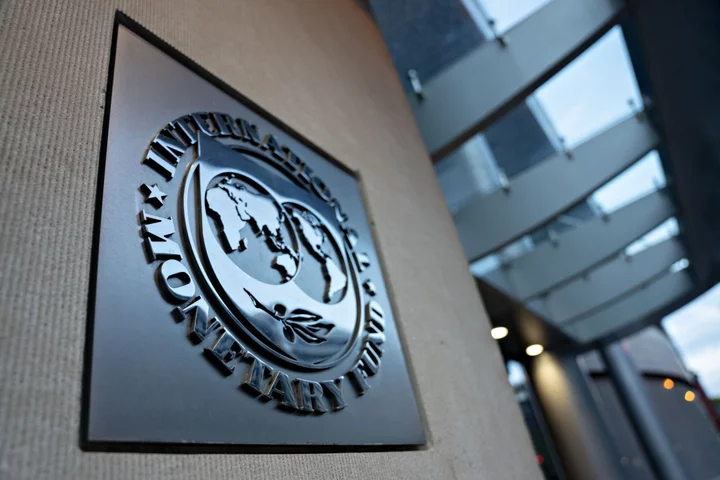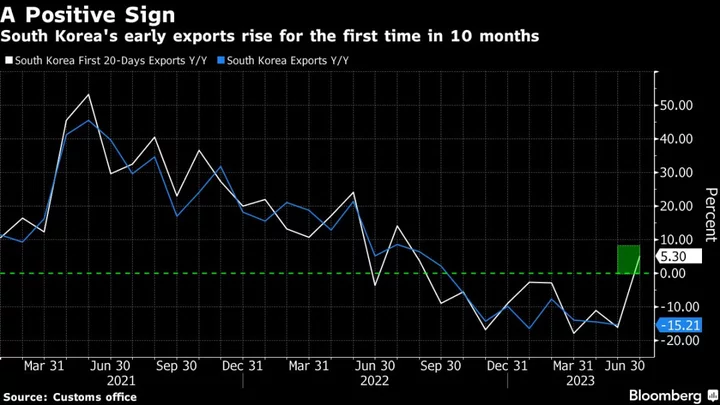BNP Paribas SA posted weaker revenue from fixed-income trading in the third quarter, adding to evidence that European banks underperformed their Wall Street counterparts in a period of lesser turbulence in markets.
The Paris-based lender saw revenue from bond trading slide 12% to just over €1 billion ($1.1 billion). Overall revenue at the markets unit fell 9% to €1.8 billion in the three months through September, slightly below analyst estimates in a Bloomberg survey. That compares to a increase of 1.3% across Wall Street’s main banks. Net income declined 4% to €2.7 billion.
BNP’s results underline the slowdown in global fixed income, currencies and commodities trading that’s underway as volatility tracks lower than a year ago, when investors rushed to realign portfolios amid surging geopolitical tensions. The performance is on a par with Deutsche Bank AG’s bond-trading decline posted Wednesday, and compares positively with Barclays Plc’s 26% slump a day earlier.
The lender’s revenue from the trading of equities and prime brokerage services fell 5.5% to €779 million in the quarter, slightly above estimates. BNP Paribas’ Chief Executive Officer Jean-Laurent Bonnafe has worked to make equities trading a priority in recent years, beefing up its dedicated unit by taking over businesses that peers Deutsche Bank AG and Credit Suisse shed as they sought to reduce their risk profiles.
A brighter spot in the report was in keeping costs under control in a period of higher inflation. The cost to income ratio fell 0.4 percentage point from a year ago to 61.2%.
The bank said that more than 85% of its €5 billion buyback program for 2023 had been completed as of October 20.
The lender’s Global Banking unit, which includes advising companies on selling bonds and stocks, saw its revenue rise 20% to €1.4 billion, above estimates, as rising interest rates continue to support its transaction banking business.
BNP Paribas’s Commercial, Personal Banking & Services unit, which houses the bank’s retail banking operations, saw its revenue gain 5.6% to €6.6 billion. The increase was driven by rising interest rates, which boosted the unit’s net interest income 11.6% this quarter. At the French retail unit, net interest income was still down 5.9%, as local mortgage rules and higher rates for regulated savings continue to restrain the lender’s ability to pass on higher rates to its customers.
Read more: French Banks Miss Out on Europe’s Rate Boom as Usury Rules Bite
Revenue at the Investment & Protection Services unit, home of asset management and insurance operations, fell 2.6% to €1.42 billion, slightly missing estimates.
The bank’s CET1 ratio, a key measure of its financial strength, stood at 13.4% as of end September.

